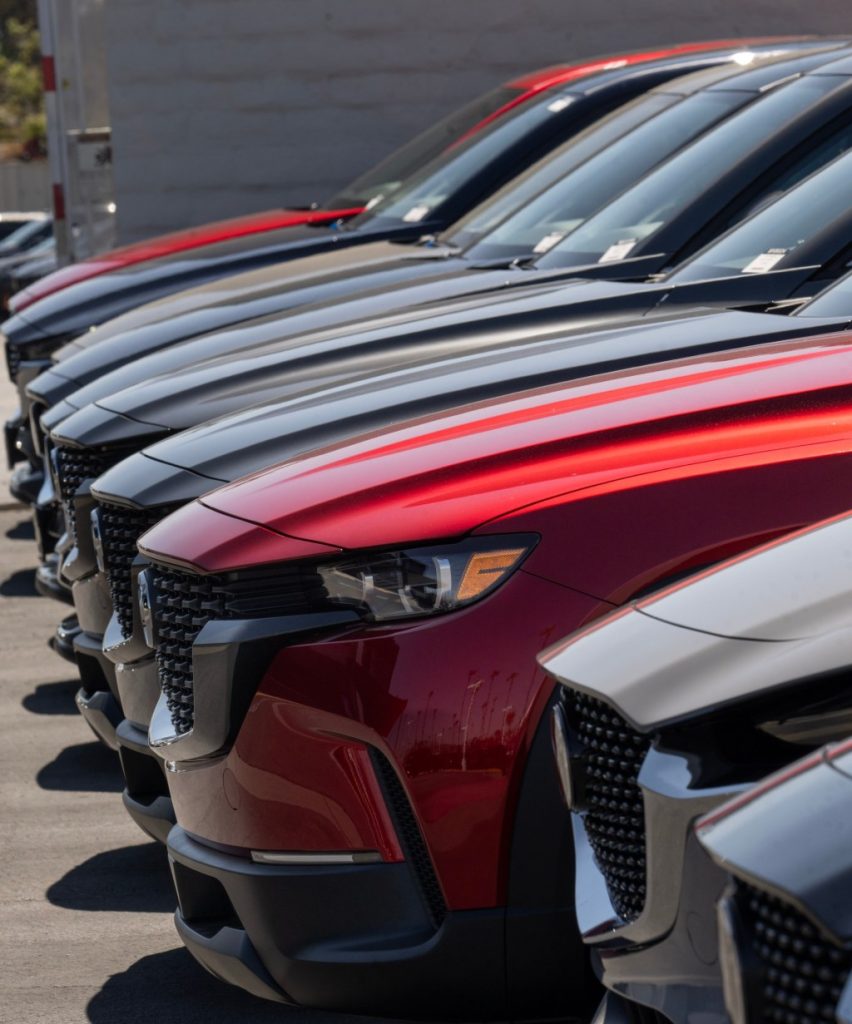
Happy 50th anniversary to the CAFE standards, and may they rest in peace.
CAFE standards have nothing to do with bistro health codes or the sugar content in coffee drinks. CAFE stands for Corporate Average Fuel Economy. It was a government regulatory scheme that enforced miles-per-gallon requirements.
The government had never been in the business of regulating fuel economy, but in 1975, after an oil embargo caused gas lines and price increases, Congress passed the Energy Policy and Conservation Act. In the name of reducing U.S. dependence on foreign oil, the new law created the corporate average fuel economy requirement and required manufacturers to reach a fleet average of 27 miles per gallon by the 1985 model year.
The energy crisis of the 1970s is long gone, but the CAFE standards, like all government regulatory schemes, survived like a cockroach after a nuclear bomb attack.
First for “conservation” and later for “global warming,” automakers were fined if the average fuel economy across their fleet of passenger cars was lower than the ever-higher target set by regulators. In 2023, Stellantis, formerly Fiat Chrysler, paid $235.5 million in fines for failing to hit the number for its 2018 and 2019 model year vehicles. General Motors missed the mark on its 2016 and 2017 vehicles. Penalty: $128.2 million.
In 2012, the Obama administration tightened the screws on automakers with escalating targets. Today the requirement is a fleet average of 53.4 miles per gallon. An even tighter rule finalized during the last year of the Biden administration ratchets the mileage requirement up by 2% per year for model years 2027 to 2031, landing on a fleet average of 65 miles per gallon for passenger cars and 45.2 mpg for light-duty trucks.
These impossible numbers were going to cost manufacturers a total of $14 billion in penalties for non-compliance, according to the Alliance for Automotive Innovation, a trade group representing automakers.
But not any more.
The One Big Beautiful Bill that President Trump signed into law on July 4 contained a provision that set the CAFE penalties at zero dollars. It also took automakers off the hook for any penalties they owed going back to the 2022 model year.
For now, the CAFE regulations are still on the books, and automakers will still have to waste time and money on compliance reports. But they won’t owe a dime in penalties.
Maybe you’re wondering how the government could set an unreasonable mileage standard and then impose insanely high monetary penalties for failing to comply with it.
Welcome to the world of “market based” government force.
The way to meet the requirement for a fleet average between 53 and 65 miles per gallon is to “voluntarily” manufacture electric vehicles, which can be said to use “zero gallons.” Of course, multiplying the mileage of the other vehicles in the fleet by zero would give the manufacturer a fleet average of zero mpg, and then no one would ever owe any fines.
But that’s why we have bureaucrats. Using a complex rulemaking process and a constantly evolving methodology, the U.S. Department of Energy calculates a “petroleum equivalence factor,” or PEF, for every electric vehicle.
And then, like a miracle, hundreds of millions of dollars in fines can be collected by the National Highway Transportation Safety Administration from every manufacturer that didn’t sell enough electric cars to reach the fleet average mileage required.
Fifty years of this regulatory morass pushed up the cost of cars to insane levels. Manufacturers would have to spend money to develop and build small cars that they knew customers didn’t want to buy, just to reach the fuel-economy average. Those costs raised the prices of other vehicles that did sell.
Because of the CAFE standards, cars have been made lighter, less safe and more expensive to repair after even a minor collision. Insurance costs are higher. A once-great American industry has spent half a century under the thumb of the government, bargaining for permission to build the cars that customers want to buy.
The CAFE standards also had the unintended consequence of creating a market for SUVs, minivans and small pick-up trucks. These were in a different classification than passenger cars and the mileage standard was less stringent. They quickly became popular while micro-cars gathered dust in dealership showrooms.
The CAFE rules began in 1975 as a way to force manufacturers to build high-mileage vehicles, but by the time President Trump began his second term in 2025, they had become a tool to force the replacement of gasoline-powered cars with electric vehicles, whether the American people wanted them or not.
Trump campaigned on a promise to get rid of electric vehicle mandates, and zeroing out the CAFE penalties effectively does that. Ending the penalties also eliminates a subsidy for EV manufacturers that operates like this: companies that make electric cars generate “carbon credits” that can be sold for cash; companies that are not meeting their CAFE targets can buy the credits in order to reduce the penalties they owe.
In 2024, Tesla took in $2.76 billion from selling carbon credits. While profits for the company were 23% lower than in the previous year, revenue from selling carbon credits was up 54%.
No wonder Elon Musk didn’t like the Big Beautiful Bill. By zeroing out the CAFE penalties, the new law eliminates the need for companies selling cars in the U.S. to buy credits from Tesla. Of course, Tesla can still make money by building and selling great cars that people are excited to buy.
And now, so can every other carmaker.
Write Susan@SusanSheley.com and follow her on X @Susan_Shelley



